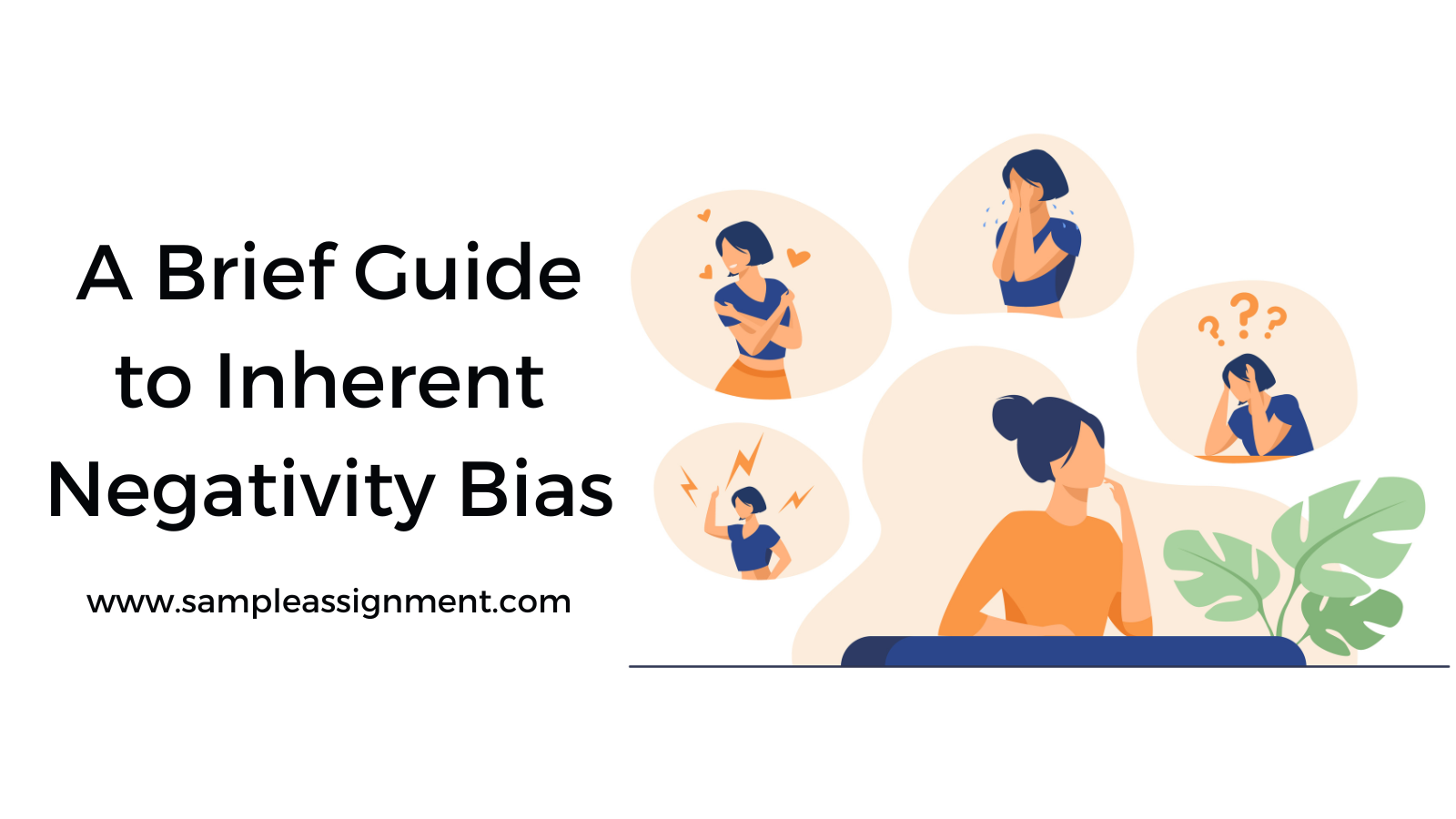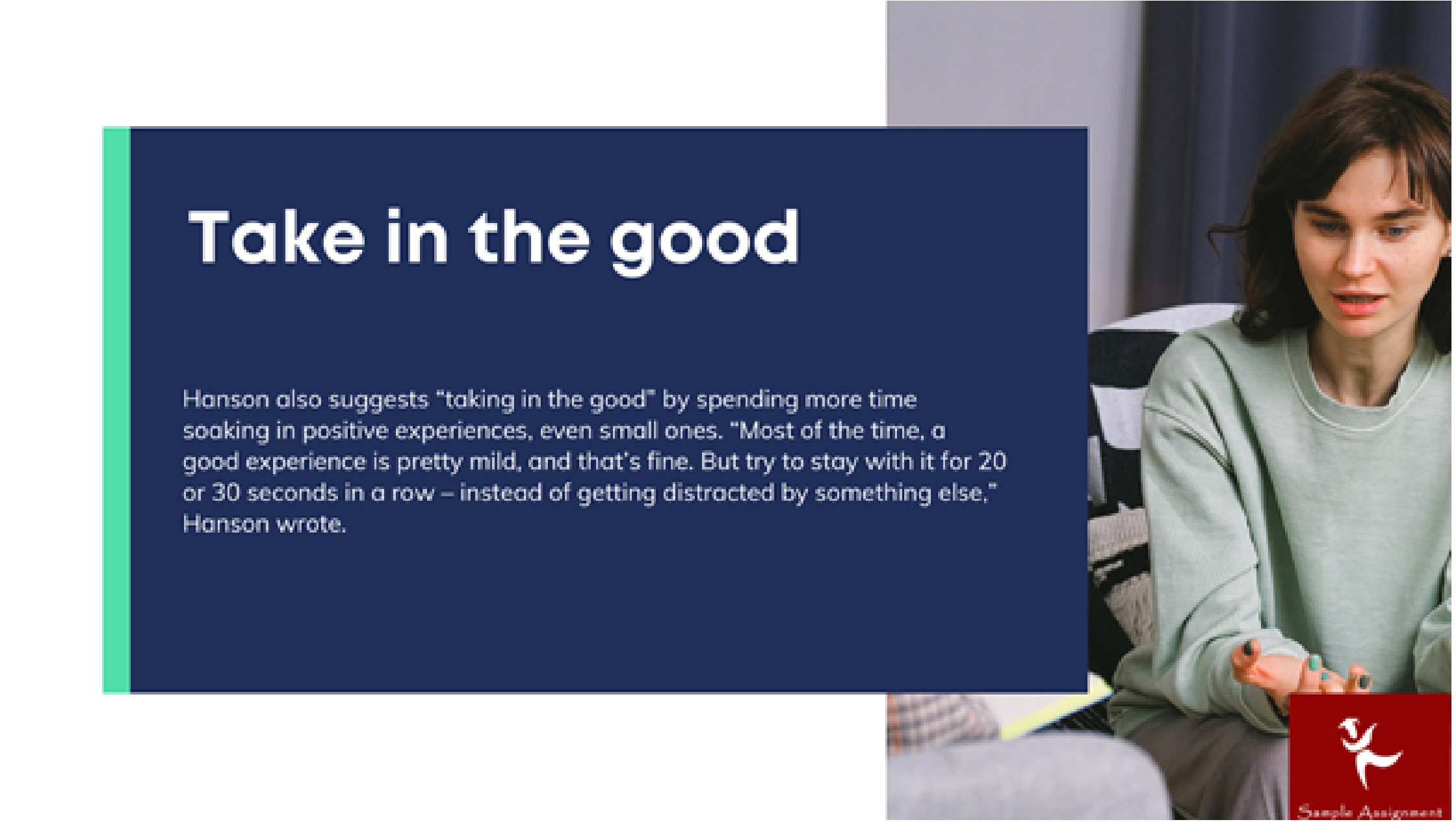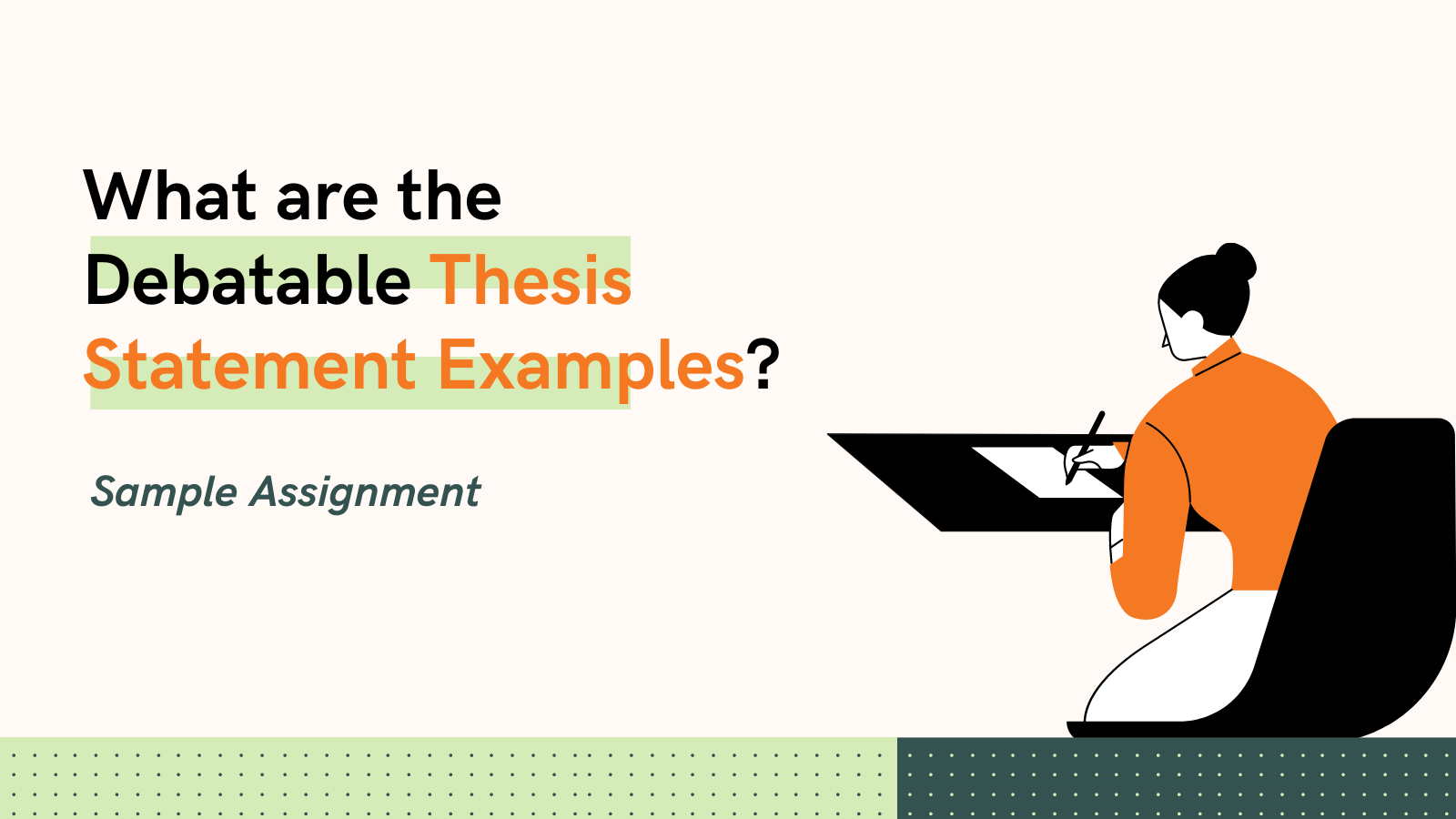
Why do slurs we've been called a stick in our heads, sometimes for years? Why do some people have to fight depression so much harder than others?
The same reason that political smear tactics outperform positive ones. Simply put, nastiness has a greater psychological effect.
And that's because of the "inherent negativity bias" of the brain: Your brain is just wired to be more sensitive to bad news. The bias can be identified at the very beginning of the brain's information processing since it is so automatic.
Consider the research that John Cacioppo, PhD, presently at the University of Chicago and was previously at Ohio State University, conducted. He displayed images that were known to elicit pleasant emotions in people (such as a Ferrari or pizza), negative emotions in people (such as a severed head or a dead cat), and neutral emotions in people (a plate, a hair dryer).
In the meantime, he observed electrical activity in the brain's cerebral cortex, which reflects the degree of information processing occurring. Do you want to know more about Negativity Bias and its several aspects? You can go through the blog to know more about it.
Do You Think Humans Might have an Inherent Negativity Bias?
To deal with threats, our brains have developed a negativity bias over millions of years of evolution, claims psychologist Rick Hanson.
Our forefathers endured hard circumstances. They had to dodge dangerous dangers while gathering food.
Finding food lost importance as remembering, recognising, and avoiding predators and environmental risks (bad) took precedence (positive). Those who stayed away from the unpleasant circumstances passed on their genes.
How is the Negativity Bias Reflected in Organisations?
The idea behind the negativity bias is that our minds focus excessively on bad things; as a result, a bad comment about us can linger in our minds for days, weeks, or even years. Much evidence points to a connection between our capacity to overcome innate biases toward negativity and how well we do at work.
"Getting trapped in the negatives (and how to get unstuck)" is the title of a TedTalk by behavioural scientist Alison Ledgerwood. Ledgerwood discusses the value of positive information presentation in her video.
After numerous trials, as she explains in her video, she has concluded that receiving one piece of terrible news does not 'make up' for receiving one piece of good or great news.
Our ability to do our jobs effectively depends on our ability to retrain our minds to detect happiness. In the opening chapter of The Happiness Advantage, Shawn Achor discusses the fallacy that success comes from hard work, and happiness follows. According to Achor, this is commonly perceived by many as the recipe for success. However, it is a flawed recipe as happiness and optimism boost job performance, not the other way around.
We have a better chance of succeeding every day if we learn to present ourselves favourably. Yet how? Why? The science is absent. According to Achor's book The Happiness Advantage, positive emotions like dopamine and serotonin do more than merely make us feel good.
By assisting us in "organising new information, keeping the information in the brain longer, and retrieving it faster later," they also rev up our learning centres. The ability to be positive "enables us to build and sustain more neural connections, which allows us to think more rapidly and creatively, become more adept at complicated analysis and problem-solving, and see and discover new ways of doing things," according to the author.
We will achieve and excel in our careers if we can see that the day's positive events outweigh its bad ones. Are you reading this and realising how much your days or weeks are being ruined by negativity bias? No, do not be afraid! For those of us who fall prey to the prejudice against negativity, there is yet hope.
We can teach our minds to focus on the good. Complaining about everything that went wrong when you get home from a long, tyring day is typical. Ledgerwood urges us to pause and focus on the positives. Finding the good in the day makes our minds understand that perhaps the day wasn't so horrible; we were just focused on a few negative events.
Ledgerwood and Achor both talk about the notion of our baseline happiness. This basic happiness is where we typically find ourselves when nothing particularly wonderful or negative has happened to us. When something negative occurs, we deviate from our baseline. We overcome positive events when they occur.
Although it doesn't guarantee that unpleasant events won't occur or that they won't upset us, rewiring our brain to prioritise positive over negativity raises our baseline level of happiness. This implies that our highs will be even higher, our lows won't be as low, and things will be better than "normal"

How to Overcome Negativity Bias?
However, there are particular actions we can take to combat the negativity bias, and research even demonstrates that we can physically alter our brains. The following exercises can be helpful.
Rewrite the language underlying your objectives
You can offer advantages to back up your reframed terminology. Traditional KPIs, for instance, can promote burnout and short-term strategies if you're managing a sales staff. Utilise measures that promote this shift in perspective to promote healthier, uplifting behaviour.
Recognise the negativity bias
Our experts advise being aware of your brain's tendency to focus on the negative aspects of situations and to hold onto them as if your life depended on them. You must decide for yourself whether or not these experiences are indeed dangerous.
"That's the brain's tendency toward negative. In an episode of Revolution Health Radio, Hanson states, "I say give us a brand like Velcro for negative experiences, but Teflon for good ones. For further information, connect with our Assignment Help in Australia,
Keep a gratitude journal
One of the beneficial outcomes of the study in the area of positive psychology is the practice of thankfulness. No matter how pessimistic your instincts may be, quantifying the good things in your life, putting them down on paper, and making it a habit to do so often will gradually retrain your mind to focus on the positive instead of the negative.
Get distracted
Distractions can draw your attention away from unpleasant situations that might impair your capacity for information processing. Even if receiving a reprimand at work is awful, it might make you view your work negatively for several weeks.
Consider finding a diversion rather than dwelling on reality. You can put distance between yourself and the power that incident has over you if you just briefly remove yourself from it. It provides you with perspective. Distraction is an effective tactic that can even be used to alleviate PTSD symptoms. Learn more about it with our Assignment provider.
Solve your psychology assignment queries with the help of our experts and upgrade your scoreboard today!









Loved reading this Blog? Share your valuable thoughts in the comment section.
Add comment